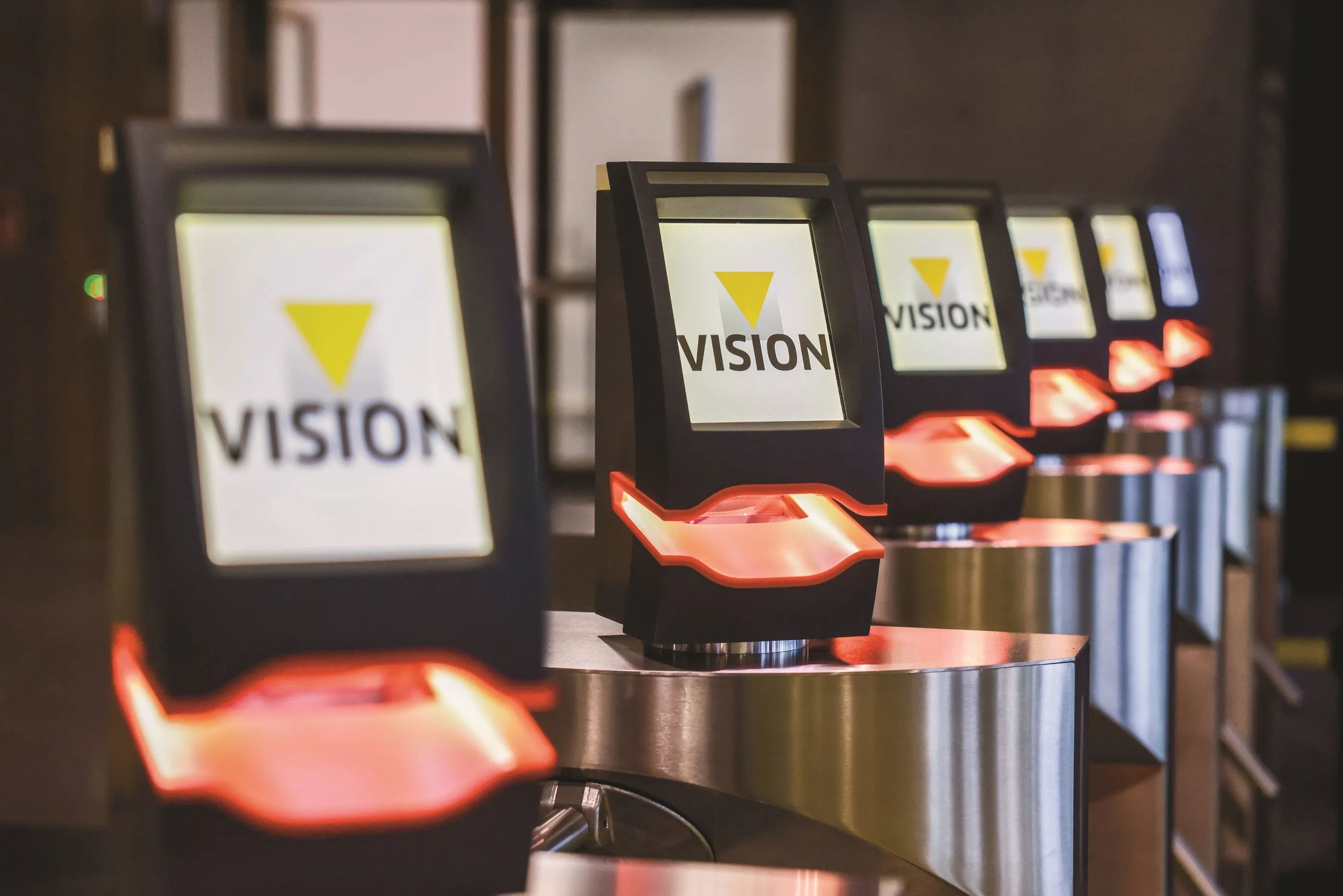South Korean AI-based solutions provider BlueSignal (BS) has entered into a partnership to achieve a higher accuracy rate for its predictions of future traffic conditions based on real-time car data provided by US-based CarForce (CF). The Memorandum of Understanding was signed on the 15 November at K Global, in Silicon Valley.
The agreement will also allow CF to add BS’ data on diverse future traffic conditions to its car data.
Jason Baik, BlueSignal, chief executive officer, said, "BlueSignal's technology, which can predict traffic conditions up to two kilometers ahead of a car, is being actively sought by foreign automakers, distributors, and governments of major countries and is now becoming increasingly recognized for its effectiveness. Our recent MOU with CarForce will enable us to not only enter the U.S. market in earnest but also do our part in terms of giving back to society by making BlueSignal's predictive driving technology publicly available through diverse references and experiences."
BlueSignal partners with CarForce to enhance AI traffic predictions
South Korean AI-based solutions provider BlueSignal (BS) has entered into a partnership to achieve a higher accuracy rate for its predictions of future traffic conditions based on real-time car data provided by US-based CarForce (CF). The Memorandum of Understanding was signed on the 15 November at K Global, in Silicon Valley. The agreement will also allow CF to add BS’ data on diverse future traffic conditions to its car data. Jason Baik, BlueSignal, chief executive officer, said, "BlueSignal's
December 5, 2017
Read time: 2 mins










